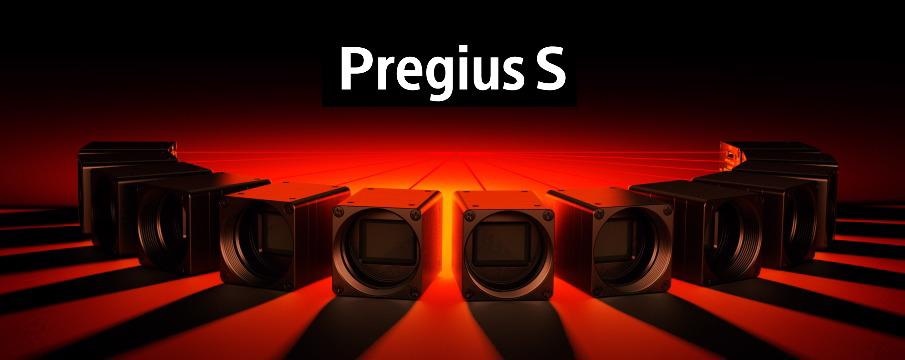XIMEA, the innovator of small size and high-speed cameras, has announced the addition of new models with exceptional Sony CMOS Pregius™ S sensors.

Camera models with 4th generation of Sony Pregius S sensors like IMX540, IMX541, IMX542. Image Credit: XIMEA
The initial line up will start with camera models based on IMX540, IMX541, IMX542 and continue with other sensors from the Sony 4th Generation Pregius S family.
To the outstanding features of the next evolution of Sony CMOS sensors belong the small pixel size in combination with BSI - backside illumination technology.
The small pixel allows even the sensors with a high resolution of 24.5 Mpix to stay very compact contributing to closer proximity for multi-camera setups.
This shrinking in size does not lead to compromises in the imaging quality which stays remarkable and at least as good as other recent Sony sensors if not higher.
All of the sensors offer Global shutter readout making them ideal not only for scientific applications but also for systems where objects move at a higher speed.
As was already the case with previous generations, 4th continues with high quantum efficiency as well as lower noise and noteworthy Dynamic range of 71 dB.
Earlier mentioned small pixels are 2.74 µm helping with the choice of C-mount lenses thus improving the cost attractivity and allowing a smaller footprint for mobility.
To leverage the miniature size of Sony sensors, XIMEA has integrated them into the smallest form factor measuring only 26 x 26 x 33 mm and weighing 38 grams.
Power requirements are as low as 3 Watt which allows the cameras to be bus-powered directly through the cable.
In regard to cables - the sensors are utilizing both USB3 and PCIe interface to offer simplicity and multi-camera system synchronization.
Another important factor is the availability of high-speed versions for each of the sensor resolutions, namely the IMX530, IMX531, IMX532.
The higher speed models do not only bring additional considerable improvement in frame rate but also interesting feature set not available for standard sensors.
This is a continuation of the Sony trend where standard models are cheaper with the same image quality whereas high-speed ones are fast and offer feature benefits.
Among the exciting features is the dual ADC of low and high gain modes, the fusion of which produces HDR image as a result. All processing is done on a sensor.
The rest of them include the ultra-short interval between two shutters, exposure time monitoring, and an improved on-sensor thermometer.
The mentioned features are up to the camera vendor's decision to implement. XIMEA plans to start with the HDR feature and support others through firmware updates.
To summarize, the sensor models joining the XIMEA portfolio as first are prepared in versions with USB3 or PCIe interface and provide the following parameters:
- 16.1 Mpix, Sony IMX542, color and monochrome, 5328 x 3032, 16:9 ratio, 1.1"
- 16.1 Mpix, Sony IMX532, color and monochrome, 5328 x 3032, 16:9 ratio, 1.1" with HDR and other features
- 20.3 Mpix, Sony IMX541, color and monochrome, 4504 x 4504, 1:1 ratio, 1.1"
- 20.3 Mpix, Sony IMX531, color and monochrome, 4504 x 4504, 1:1 ratio, 1.1" with HDR and other features
- 24.5 Mpix, Sony IMX540, color and monochrome, 5320 x 4600, 4:3 ratio, 4/3"
- 24.5 Mpix, Sony IMX530, color and monochrome, 5320 x 4600, 4:3 ratio, 4/3" with HDR and other features
High resolution, unbeatable form factor, attractive price, compatibility, and customizability make these cameras stand out and they are worth checking out.